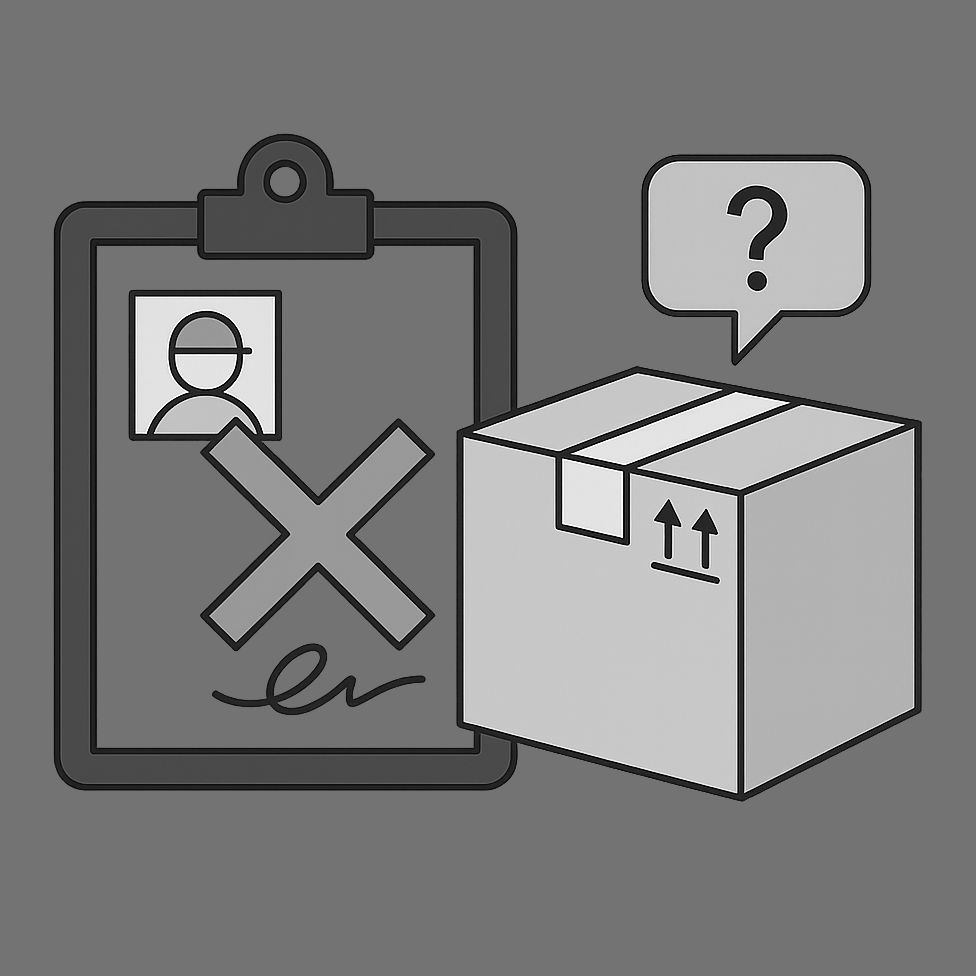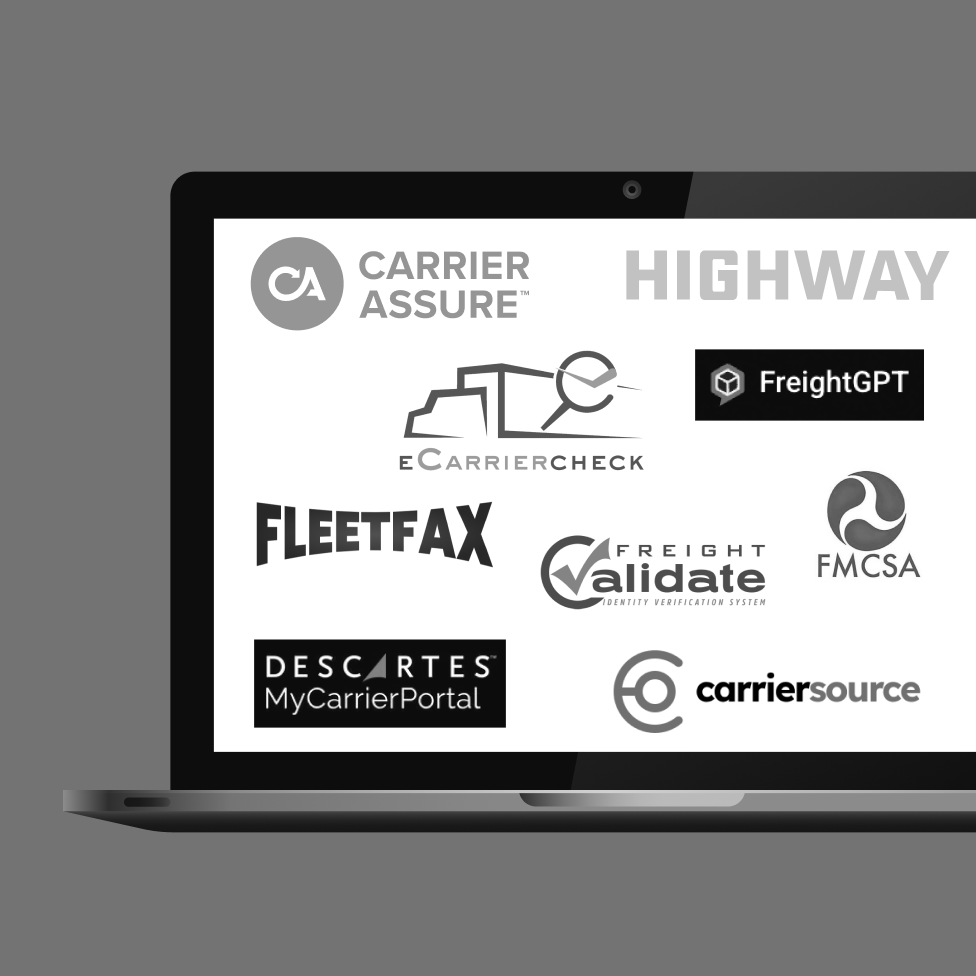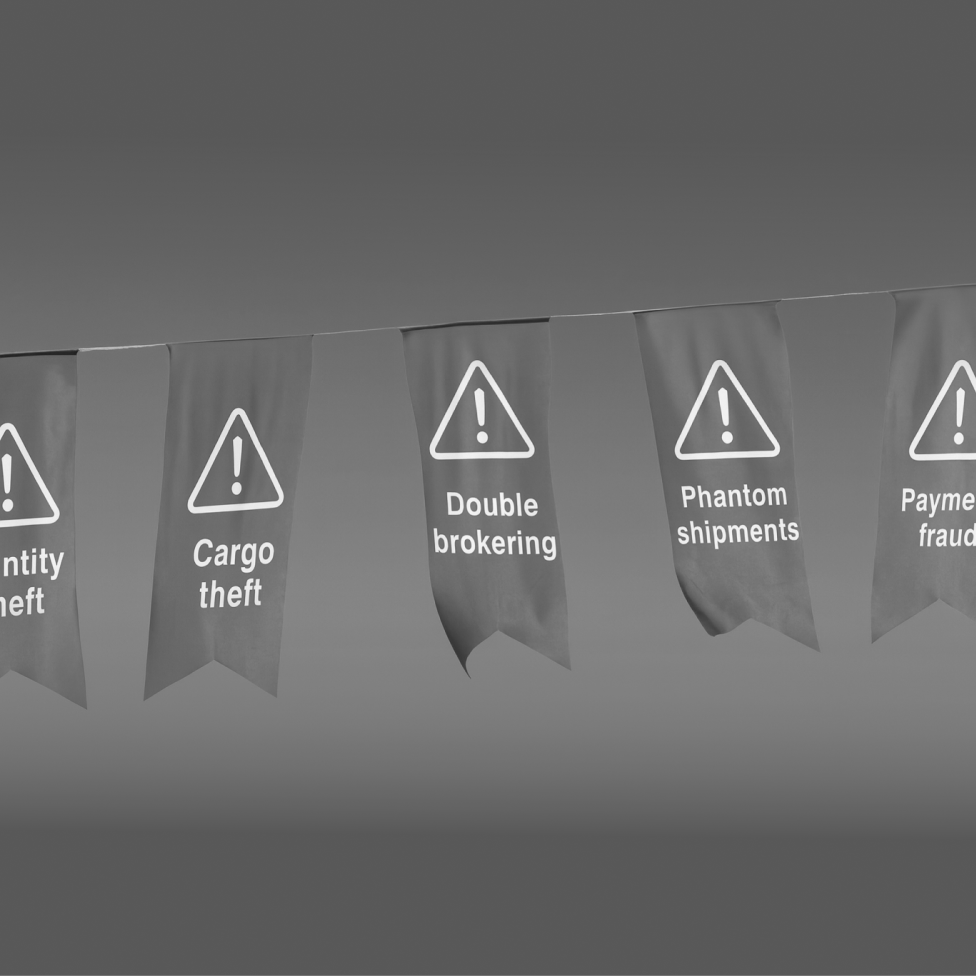Growing a brokerage is hard, and most brokers know it’s important to maintain access to working capital through freight factoring to aid their growth. Yet one dreaded term will often cause brokers to stop in their tracks: the personal guarantee.
Freight brokers often shy away from signing personal guarantees because they see them as too risky, controversial, or limiting. While this can sometimes be the case, freight brokers can use personal guarantees to their advantage.
In this article we’ll review what personal guarantees are, the purpose they serve, why they matter, and how they can be a useful tool for many brokerages to get a leg up on the competition.
What is a Personal Guarantee?
In the context of freight factoring, a personal guarantee is simply a promise made to the factoring company that they will be able to recover the advance provided to a brokerage. Factoring companies use personal guarantees as a way to ensure that funds that are lent out will be repaid.
.png)
It’s essentially a backstop that a factor uses in the case of a broker’s customer refusing to pay an invoice or going bankrupt. Personal guarantees generally come in two forms, a limited guarantee and an unlimited guarantee.
- Limited guarantees: A limited guarantee caps the amount that the guarantor (in this case, the broker who is borrowing funds) would be responsible for. These types of personal guarantees are generally set to a specific dollar amount or percentage of the debt, and are more common when there may be multiple entities that can pay some portion of the debt.
- Unlimited guarantees: Unlimited guarantees do not have a cap, and mean that the broker will be responsible for the entirety of the outstanding balance of the debt.
How Personal Guarantees Work for Freight Brokers
Personal guarantees are terms that will be in the contract between a freight broker (borrower) and the factoring company (lender). These terms will be similar to other lending agreements between business borrowers and lenders, and are often used to secure credit when the borrower has a limited credit history.
Personal guarantees allow borrowers (in this case, the freight broker) to qualify for a line of credit that they otherwise normally would not qualify for or to secure a more favorable rate.
A guarantee in your contract may be under a variety of headings or clauses in your contract, such as:
- “Personal Guarantee”
- “Personal Guaranty”
- “Guarantee Agreement”
- “Guarantee and Indemnity”
- “Grant of Security Interest”
- “Default”
- Etc.
These sections vary based on the factoring company and terms of the agreement. Consult an attorney for more information.
When a personal guarantee is made between a broker and a factoring company, the factoring company may run a credit check on the applicant (generally the business owner), in addition to checking the credit of the business itself. The lender may also ask the borrower to pledge personal assets such as checking or savings accounts, real estate, vehicles, etc. as collateral to secure the loan.
What Businesses Sign Personal Guarantees?

There are several reasons a business owner may need to sign a personal guarantee. Some of the most common scenarios are in new or small businesses that are still building up a solid credit history.
Many business owners also choose to sign an additional personal guarantee because it helps them secure more favorable rates or terms with the lender. These business owners are confident in the growth of their business and see personal guarantees as a low-risk way to improve their cash flow.
This tactic has even been used by some of the most famous business people in the world, such as former President Trump who personally guaranteed $421 million in debt.
According to a recent Small Business Credit Survey conducted by the Federal Reserve Banks, upwards of 59% of small businesses use a personal guarantee to secure funding.
Personal guarantees are incredibly common, and shouldn’t discourage brokers from engaging a factoring company.
Why are Personal Guarantees Used in Factoring Agreements?
The primary goal of personal guarantees is to protect the lender (factoring company) from bad actors. It’s incredibly easy these days to register an LLC, accumulate a significant amount of unsecured debt, and then declare bankruptcy leaving the lenders without any recourse.
Providing credit to new and small businesses carries significant risk for the lender, and personal guarantees are a common way to mitigate that risk, and in turn offer lower rates to clients.
Without personal guarantees, lending rates would skyrocket and eat into the broker's cash flow, creating a lose-lose situation for everyone involved. When freight factoring companies like Denim can limit this risk through a personal guarantee or collateral, brokers can secure significantly better rates, improve their cash flow, and maintain healthy lending relationships.
The vast majority of brokers should not be concerned about providing a personal guarantee to freight factoring companies.
If you’re doing your best to run a healthy business and believe in your company and your clients, then you have little to worry about. Personal guarantees are rarely called upon, and usually only as a last resort due to extreme cases like fraud, gross mismanagement, or a broker’s entire client base going out of business.
The best way to ensure your business isn’t one of these rare edge cases is to continuously diversify your portfolio of clients. The freight brokers at the highest risk are those who depend on one or two large customers for the majority of their business.
Diversifying your client base will eliminate the vast majority of scenarios where personal guarantees would be called upon.
Personal Guarantee Alternatives
There are a few alternatives to personal guarantees that are less common but still provide some protection for the lender and borrower. These can include validity agreements, credit insurance, or other types of collateral to secure the loan.
These alternatives have varying levels of protection, requirements, and pros and cons. For example, credit insurance would protect a brokerage’s assets in the event of a default, but comes with additional costs, fees, and credit checks.
Personal guarantees are often the least expensive way for both parties to secure a loan, meaning lower rates, fewer fees, and a smoother borrowing experience.
Does Denim’s Contract Include Personal Guarantees?
At Denim we specialize in freight factoring for freight brokers and fleets, and we do require personal guarantees in our contracts. Personal guarantees are a standard practice in the industry, and are required by most freight factoring companies.
Using personal guarantees to secure loans allows us to offer some of the lowest rates in the industry, even to brokers with little to no credit history.
These guarantees may seem daunting, but they’re a fundamental part of lending and borrowing in the freight industry where cash flow is king.
For freight brokers, embracing personal guarantees can open the doors to better rates, stronger relationships with your factoring company, and a clear path for growth.
If you’re ready to get started on improving your cash flow, building your business, and streamlining your financial operations, click here to speak with our team and start factoring today.

Denim’s automated solutions streamline your back-office operations. Explore our solutions to see how Denim can help your business scale efficiently.
There's a better way


.png)




